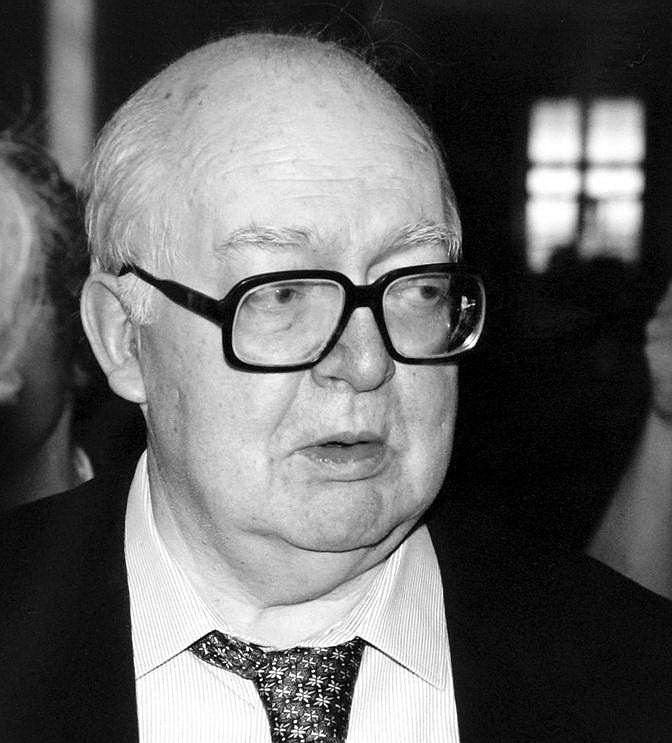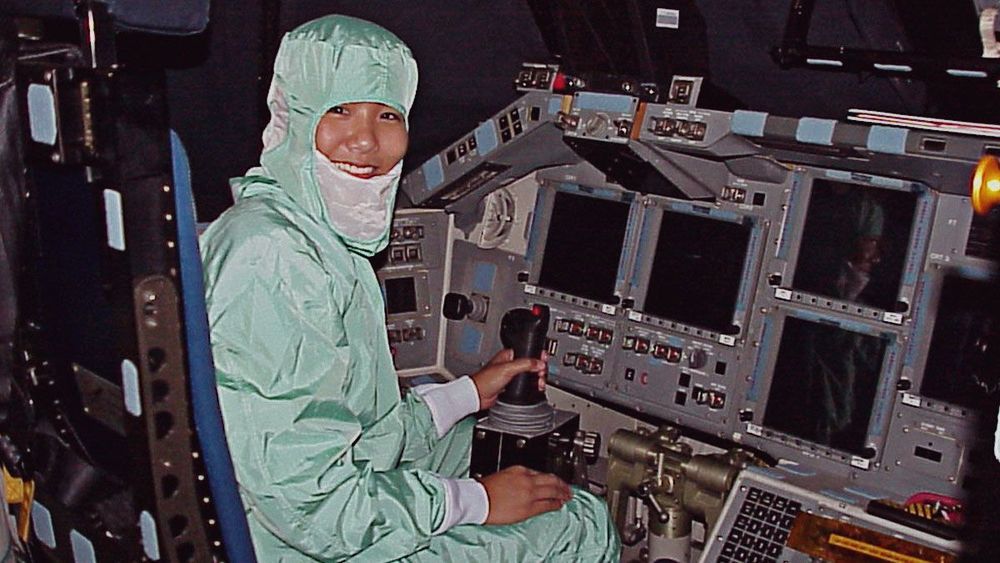Page 9173
Jan 6, 2019
Here’s what the Red Planet could look like if humans were to live on Mars
Posted by Klaus Baldauf in categories: habitats, space
SPECIALISTS have unveiled prototypes for human homes on a Martian colony after research revealed one in ten Brits would move to the Red Planet tomorrow if they could.
Architectural experts produced plans for three distinct dwellings fit for Mars: an apartment aimed at young professionals, a family home and a luxury mansion.
Each is designed to protect interplanetary homeowners from hazardous cosmic rays, space radiation and Mars’ severe dust storms, as well as insulate them from the cold.
Continue reading “Here’s what the Red Planet could look like if humans were to live on Mars” »
A roadmap for how smart devices can fully integrate with our bodies by 2029 and how Apple can stay relevant over the next decade
Happy 2019 everyone. It’s that time of year again when tech media goes all out to publish their top 10 predictions for the year ahead. To complement this, I thought it might be interesting to try and illustrate how society might transform over the next 10 years, using the future iPhone lineup as an anchor to avoid too much deviation from reality.
We’re used to seeing better smartphones every year, packed with the latest and greatest hardware and features. So what would they look like in 2029? It’s amazing to recall when smartphones didn’t exist prior to 2007 — I have some minor flashbacks of my plastic brick with those tiny buttons like the 10 commandments miniaturised and inscribed with the alphabet. The iPhone has come a long way, but Apple won’t be immune to the fate shared by Nokia and Blackberry.
Jan 6, 2019
Can Cancer Care Be Industrialized? Vanderbilt And GE Are Teaming Up To Find Out
Posted by Genevieve Klien in categories: biotech/medical, business, neuroscience
By the time he was diagnosed with metastatic melanoma, Luke Simons, now 83, had already watched his wife and his longtime business partner struggle with cancer. His wife had chemo for her breast cancer 20 years ago. His business partner with multiple myeloma died 5 years ago. “I was obviously aware of what it could do,” he says of cancer. And of chemo, “my God, that can be just horrible what that can do to you.”
As soon as he got the diagnosis, Simons’ doctor at Vanderbilt-Ingram Cancer Center (where his wife is on the board) told him about how president Jimmy Carter’s metastatic melanoma had just become undetectable after taking Merck’s new drug Keytruda, which enables a person’s immune system to recognize and attack cancer cells. The doctor gave Simons the option of Keytruda, and he took it.
After his first dose, Simons developed pneumonitis, which he aptly describes as a “fever in my lungs,” that made his doctor question whether to continue the treatment. He did, and the cancer that had spread to Simons’ brain and pancreas is not showing up on scans, three years later.
Continue reading “Can Cancer Care Be Industrialized? Vanderbilt And GE Are Teaming Up To Find Out” »
Jan 6, 2019
Wash U scientist helps launch telescope from Antarctica to see bright objects in space
Posted by Genevieve Klien in categories: cosmology, physics
Just before the new year, a Washington University professor was among a group of scientists who launched a telescope from Antarctica that could observe bright, massive objects in space, like black holes.
The international team of researchers, which included Wash U physics professor Henric Krawczynski, wanted to collect data on black holes and neutron stars, a very dense collapsed core of a giant star.
Studying such celestial phenomena helps astrophysicists test the fundamental laws of physics, Krawczynski said.
Jan 6, 2019
Friedrich Dürrenmatt’s ‘The Physicists’
Posted by Genevieve Klien in categories: ethics, physics
On January 5, 1921, Swiss author and dramatist Friedrich Dürrenmatt was born. Dürrenmatt was a proponent of epic theatre whose plays reflected the recent experiences of World War II. The politically active author ‘s work included avant-garde dramas, philosophical crime novels, and macabre satire. Especially his play “The Physicists” ( 1961 ) deals with questions of scientific ethics and humanity ‘s ability to handle its intellectual responsibilities.
“A story is not finished, until it has taken the worst turn.” (Friedrich Dürrenmatt)
Friedrich Dürrenmatt was born in Konolfingen, a small town about thirteen miles from Bern in the Emmental in Switzerland, the son of a Protestant pastor. The family moved to Bern in 1935. Dürrenmatt began studies in philosophy, German language and literature at the University of Zurich in 1941, but moved to the University of Bern after one semester. It was here that he first became interested in playwriting after becoming a regular patron of the operettas. Among his favorite playwrights were Aristophanes and Thornton Wilder.[3] In December 1943 he was on the point of transferring from the University of Zürich to the University of Bern, where he intended to write a doctoral dissertation on “Kierkegaard and the Tragic ”, when he suddenly decided to turn to writing as a career and dropped his academic career. In 1945–46, he wrote his first play It is Written, which premiered to great controversy.
Jan 6, 2019
Gravitational Waves Might be the Key to Finding Dark Matter
Posted by Genevieve Klien in categories: cosmology, physics
Exotic dark matter theories. Gravitational waves. Observatories in space. Giant black holes. Colliding galaxies. Lasers. If you’re a fan of all the awesomest stuff in the universe, then this article is for you.
Jan 6, 2019
Meet the Filipina Engineer Who Struggled in Math But Now Works at NASA
Posted by Michael Lance in category: mathematics
“Push your limits, get out of your comfort zone, and pick tasks that are harder than what you’re used to,” she says.
Science wasn’t always her first choice.
Continue reading “Meet the Filipina Engineer Who Struggled in Math But Now Works at NASA” »
Jan 6, 2019
A Physics Breakthrough Could Lead to a New Generation of Advanced Electronics
Posted by Genevieve Klien in categories: computing, particle physics
Get ready to get excited about excitons.
Excitons are quirky quasiparticles that exist only in semiconducting and insulating materials. Recently, a team of researchers in Lausanne, Switzerland discovered a way to control how excitons flow. Not only that, they also discovered new properties of the particles which they claim could lead to a new generation of electronic devices with transistors that lose less energy as heat. The results of their study were published this week in the journal Nature Photonics.
Jan 6, 2019
Elon Musk’s vision of spaceflight is gorgeous
Posted by Genevieve Klien in categories: Elon Musk, space travel
The image here come from Elon Musk and is concept art of the Starship test vehicle SpaceX is currently assembling at its Boca Chica, Texas launch facility. The real thing will be even better. This test vehicle is shorter and lacks the windows of the production ship that will eventually go into production.
Starship test vehicle under assembly will look similar to this illustration when finished. Operational Starships would obv have windows, etc. pic.twitter.com/D8AJ01mjyR


















